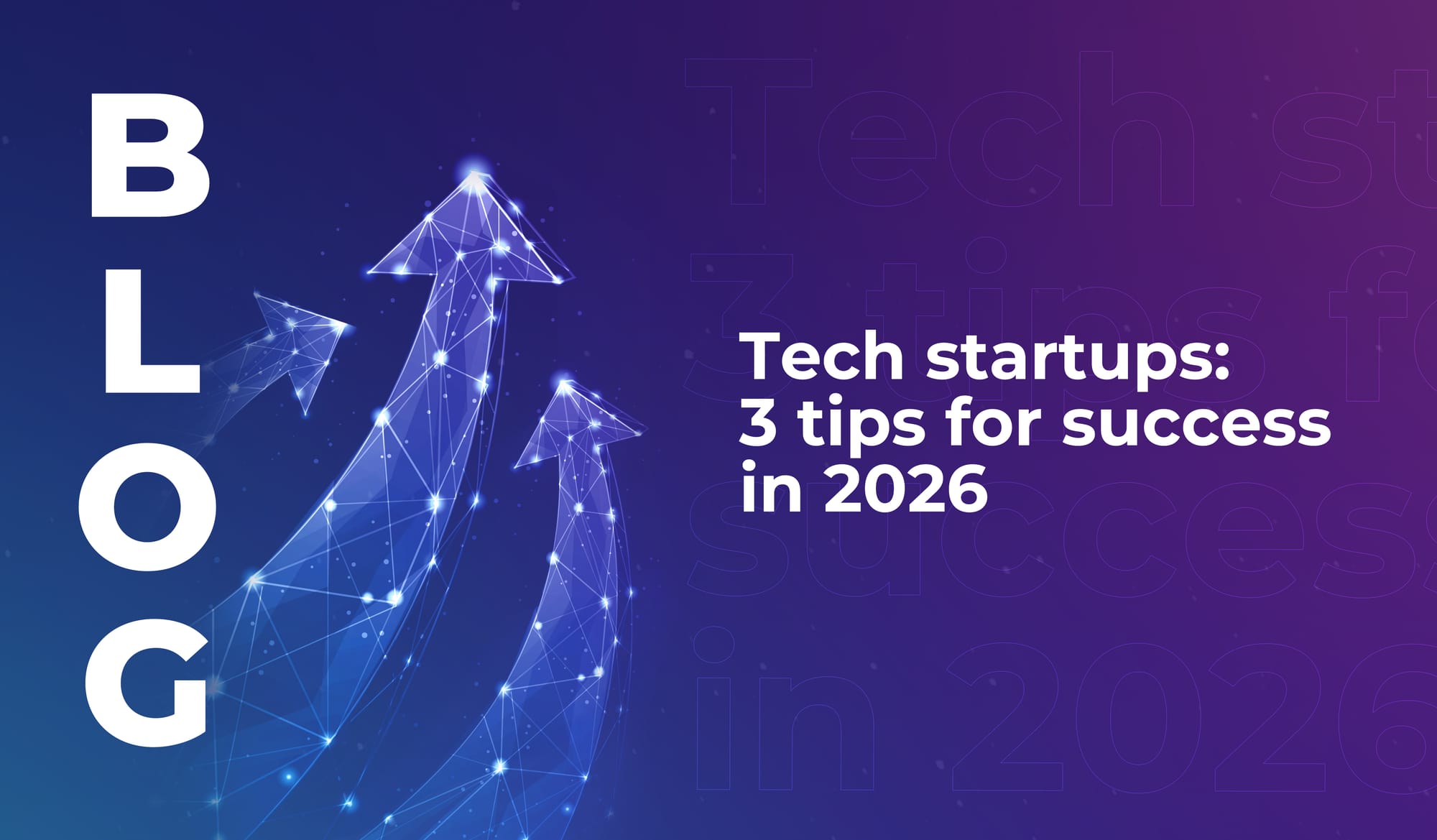
From pilots to scale: why GTM execution wins in 2026
Why 2026 is the year startups have to move beyond pilots. New research shows go-to-market execution, not demos, is the real growth advantage.


Maybe you’ve already used Bitcoin or Ethereum to pay for your morning coffee, or maybe you haven’t. Whether you’ve adopted crypto payments in your personal life or not, in 2025 it is possible to use crypto across a growing range of retailers. It’s not the norm yet, and there are differences in adoption between countries and regions – but crypto payments are now less of a novelty, and more of a strategic move for growth and global relevance.
When we interviewed Anna Tutova (CEO at Coinstelegram), she said:
“Accepting cryptocurrency payments can significantly enhance brand perception and drive business growth in several ways.”
In 2023 Tutova was on the keynote stage at LEAP, and crypto was widely believed to be ‘the next big thing’. Now, two years later, that prediction is playing out in real time.
According to industry data, the number of businesses accepting digital assets has increased by more than 40% in the past year alone. Even payment giants like PayPal and Visa continue to expand their crypto integration – they’re using it to streamline the user experience and in doing so, they’re helping crypto reach the mainstream.
For Tutova, this momentum is tied to shifts in consumer expectations, as well as technological progress:
“Studies have shown that up to 40% of customers who pay with crypto are entirely new to the company, and they tend to make purchases twice the size of credit card users,” she said.
That’s a huge incentive for businesses. Crypto customers aren’t just curious – they’re committed to integrated digital currencies into their daily lives. They spend more, and they’re often more loyal to brands that align with their values; especially around decentralisation, privacy, and innovation.
Crypto payments are making it easier for businesses to access new markets and sell internationally. Traditional banking systems can be clunky, with slow cross-border transactions and high fees. But crypto works across borders with minimal fees and no conventional institutions to slow transactions down.
“Merchants can extend their reach to global markets – opening doors to a broader clientele base and cultivating fresh streams of revenue,” Tutova said.
This is especially important for digital-first companies and creators. Whether you're selling NFTs, running a subscription-based service, or freelancing internationally, being able to accept crypto can mean faster payments, lower costs, and a seamless experience for clients.
The external benefits to implementing crypto payments are clear and measurable. But interestingly, Tutova pointed out that embracing this technology also enables organisations to grow and evolve internally.
“Accepting crypto payments fosters internal awareness within the company about this emerging technology,” she said. “It prepares the business for a future that may include central bank digital currencies and allows access to new capital and liquidity pools.”
This future-proofing angle is becoming more relevant as countries test and roll out their own central bank digital currencies (CBDCs). Being comfortable with digital assets now means less friction later.
And crypto’s programmable nature is already being used to streamline operations. Think real-time revenue sharing, automated royalty payments, and transparent financial tracking. For businesses tired of awkward back-office systems, crypto offers an increasingly appealing alternative.
Still, even as we see global brands rolling out crypto payment options, cryptocurrency has a PR problem that won’t disappear overnight. When things go wrong, mainstream media jump on it – so the general public see more bad press about crypto than good.
Tutova said this can change – and it starts with the people building and using the tech. To help the public understand and accept new forms of currency and mitigate the impact of bad press, she said key players in the crypto space need to actively offer education opportunities, support the development of regulation, prioritise security, and engage both community and the media.
People don’t need to become blockchain experts overnight, but they do need to see real-world value, trust the systems, and feel safe using them. Projects and companies that are transparent, compliant, and community-focused are already leading the way.
Crypto payments in 2025 are a valuable tool for growth, for access, and for transforming how value is exchanged in a global economy.
As Tutova put it:
“Embracing cryptocurrencies not only attracts a niche market of tech-savvy customers but also positions the company as innovative, fosters internal awareness, and provides access to new financial opportunities.”
So if you’re running a business and still debating whether crypto payments are worth exploring – maybe it’s time to stop debating and start experimenting. The tools are ready. The market is here. And the future? It’s already happening.

Why 2026 is the year startups have to move beyond pilots. New research shows go-to-market execution, not demos, is the real growth advantage.

Three practical, expert lessons on why startups fail – and how business models, regulation and adoption unlock real tech value.

After years of acceleration, tech is entering a more selective phase. In 2026, progress won’t be measured by how much you do – but by how clearly you choose.

Why 2026 is the year startups have to move beyond pilots. New research shows go-to-market execution, not demos, is the real growth advantage.

Three practical, expert lessons on why startups fail – and how business models, regulation and adoption unlock real tech value.

After years of acceleration, tech is entering a more selective phase. In 2026, progress won’t be measured by how much you do – but by how clearly you choose.